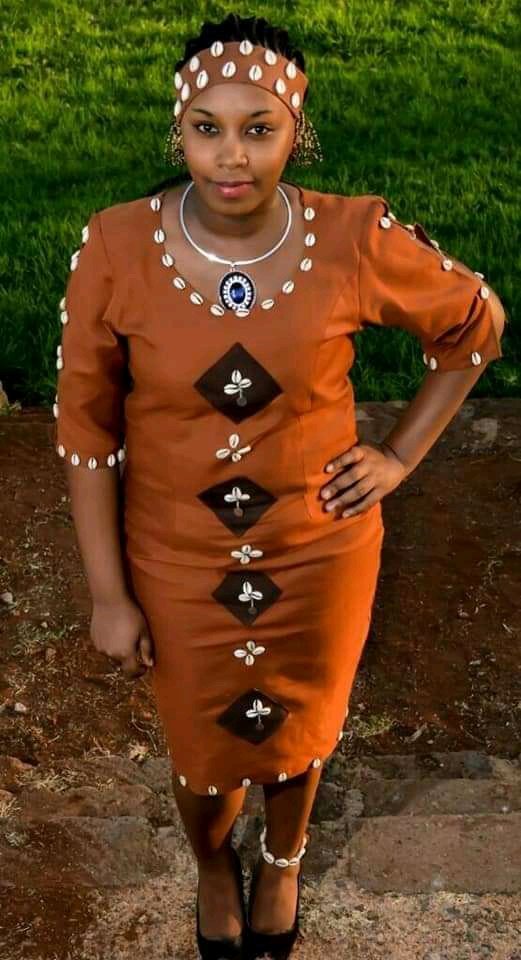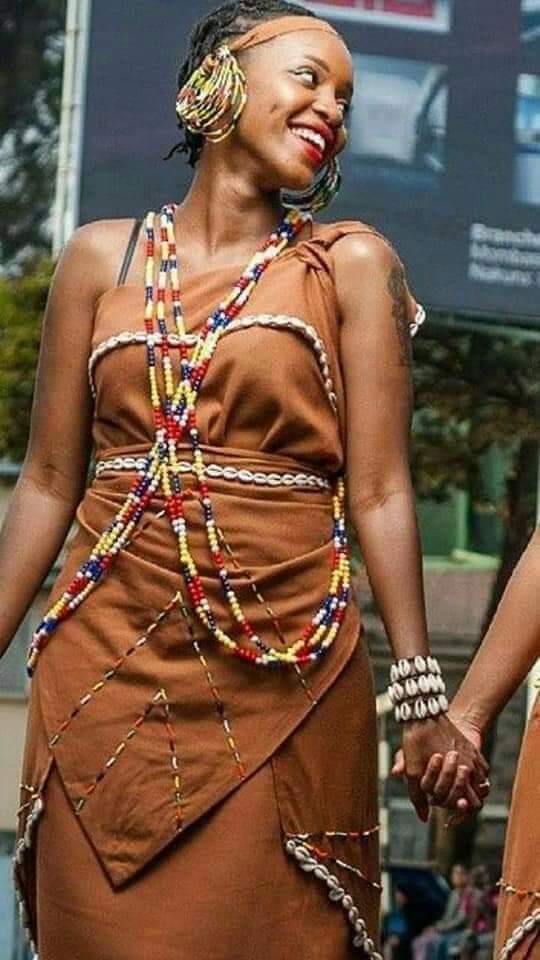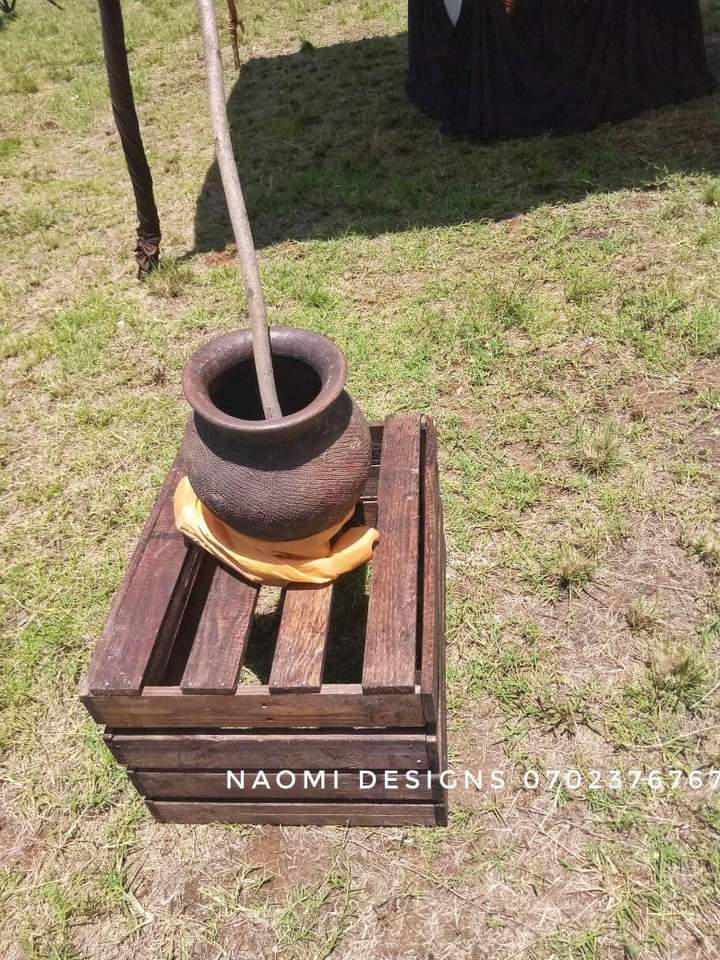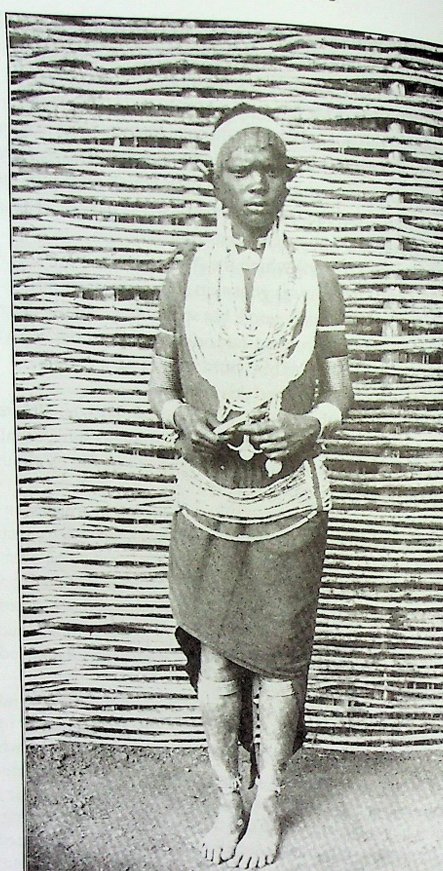If you are looking for an outfit for a traditional ceremony such as Rūracio, Ngurario, If your child has a cultural day, if you want to borrow an outfit for a photo shoot for yourself or your family, contact our house designer Naomi of @designs_naomi Her number is 0702-376767. 







More of Naomi's designs below. Her excellent work was featured in the Daily nation Saturday magazine in August last year. See photo below. 







• • •
Missing some Tweet in this thread? You can try to
force a refresh
























